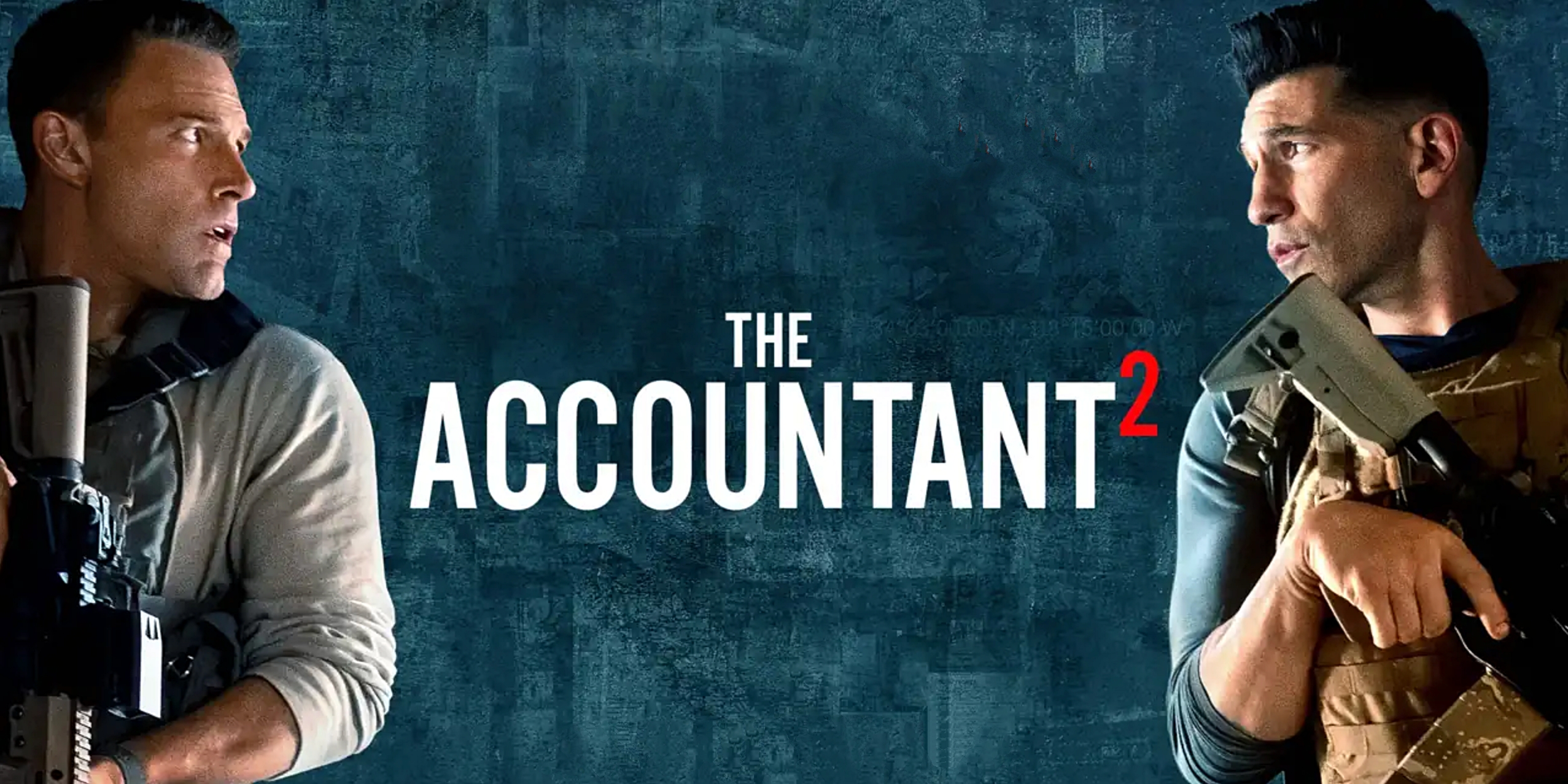Ben Affleck returns as the calculating antihero in this long-awaited sequel that proves some ledgers are best left unbalanced. While the 2016 original introduced us to Christian Wolff’s deadly precision and complex moral code, “The Accountant 2” doubles down on what worked while addressing the first film’s shortcomings. Does this follow-up balance the books, or should you write it off? Our comparison of the two films crunches the numbers and delivers the verdict.
The Balance Sheet of Violence: Then vs. Now
Where the original film introduced Christian Wolff (Affleck) as a mathematical savant navigating between legitimate accounting and criminal bookkeeping, the sequel finds him six years later having achieved a precarious balance between his worlds. Unlike the first film’s exploration of Wolff discovering connections with others, “The Accountant 2” examines the consequences of maintaining those connections while remaining true to his solitary nature.
The original established Wolff as a man of strict routines and moral boundaries; this sequel cleverly disrupts those boundaries, forcing him into uncomfortable territory when a former client’s murder shatters his carefully structured existence. The original’s premise of “accountant by day, assassin by night” is now complicated by relationships and obligations that didn’t exist before.
Affleck’s performance shows subtle evolution while maintaining core continuity. Where his portrayal in the first film occasionally risked clinical detachment, here he introduces microscopic but meaningful shifts in Wolff’s demeanor that signal character growth without betraying the established neurodivergent characteristics. The uncomfortable social interactions remain, but now carry additional layers of awareness that were absent in the original.
Calculated Risk-Taking
Director Bill Dubuque (taking over from Gavin O’Connor) maintains the distinctive tone of the original while pushing into darker territory. The action sequences are meticulously choreographed set pieces that showcase Wolff’s methodical approach to violence—each movement precise, each strike devastating in its efficiency. A standout confrontation in an abandoned financial district building demonstrates how Wolff’s mathematical mind approaches combat as another problem to be solved with deadly accuracy.
The film’s intricate plot weaves financial malfeasance with personal vendettas, creating a thriller that requires audience attention but rewards it with satisfying payoffs. Unlike many action sequels that simply increase the body count, “The Accountant 2” raises the emotional stakes by forcing Wolff to confront the consequences of his isolation.
The Human Dividend
Where this sequel truly excels is in its character development. The supporting cast—particularly Jon Bernthal returning as Wolff’s estranged brother Braxton—provides emotional counterweight to Affleck’s necessarily restrained performance. Their complicated relationship evolves in unexpected ways, adding layers to both characters while avoiding sentimentality.
New addition Janina Gavankar plays Treasury Agent Morgan Carter with the perfect blend of determination and moral ambiguity, creating a worthy intellectual foil for Wolff. Their cat-and-mouse dynamic generates tension beyond mere physical threat, as each recognizes the other’s exceptional abilities.
Auditing the Flaws
Despite its strengths, “The Accountant 2” occasionally struggles with pacing issues, particularly in its second act where multiple plot threads threaten to overwhelm the narrative. Some secondary characters receive insufficient development, functioning more as plot devices than fully realized individuals.
The film’s complexity, while generally an asset, occasionally crosses into convoluted territory, with certain financial machinations explained in exposition-heavy dialogue that temporarily stalls momentum. These moments, while necessary for plot coherence, interrupt the otherwise taut rhythm established in the film’s stronger sequences.
Final Calculation
“The Accountant 2” succeeds where many sequels fail by deepening rather than merely repeating what worked in the original. It maintains the distinctive blend of action thriller and character study that made its predecessor stand out, while expanding the emotional range and raising the narrative stakes.
For those who appreciated the original’s unique approach to its protagonist’s neurodiversity, the sequel continues this respectful portrayal while adding new dimensions to Wolff’s character. The film never uses his condition as a mere plot device but integrates it naturally into both the narrative and action elements.
With impressive performances, thoughtfully choreographed action, and surprising emotional depth, “The Accountant 2” proves to be a worthy investment of your time—a rare sequel that balances the books while opening exciting new accounts for potential future installments.
★★★★ (out of 5)



